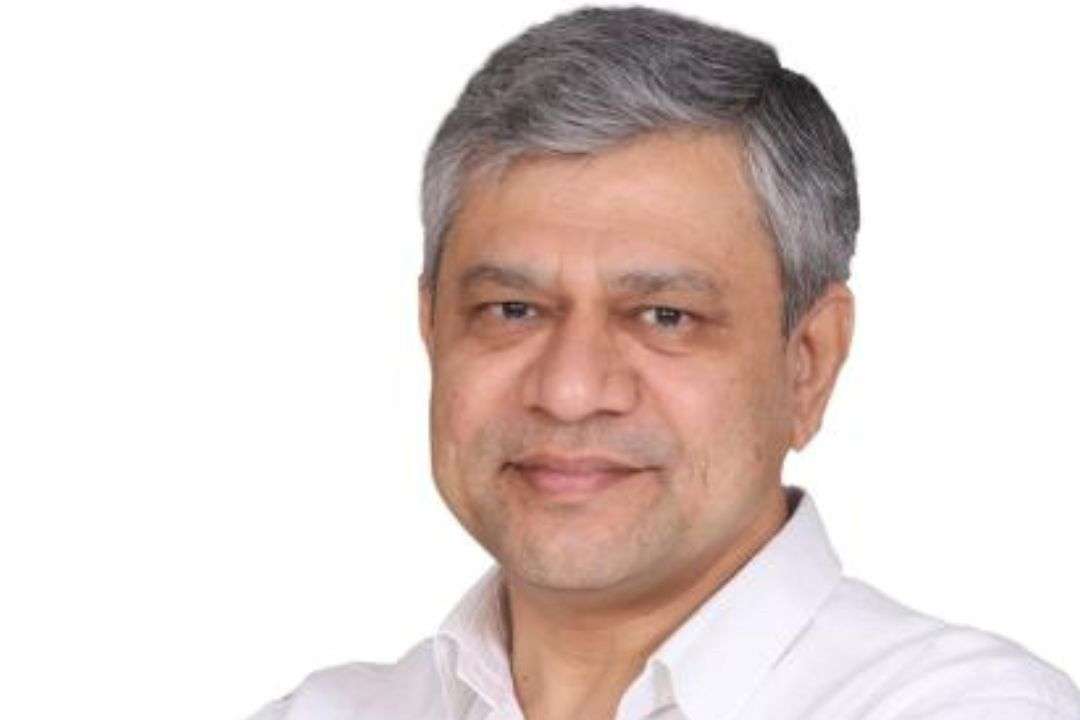Union Minister for Electronics and Information Technology, Ashwini Vaishnaw, announced the government’s forthcoming initiative to establish a sustainable electronics component ecosystem in India. This new scheme, aimed at bolstering the domestic manufacturing landscape, underscores the government’s commitment to transforming India into a global electronics manufacturing hub.
Vaishnaw, who also serves as the Minister for Railways and Information & Broadcasting, highlighted the significant strides India has made in mobile phone manufacturing. According to him, over 99% of mobile phones used in India are now produced domestically, a remarkable achievement in the country’s push towards self-reliance in electronics manufacturing.
“This year, Apple will be manufacturing its latest model in India,” Vaishnaw revealed at The Economic Times World Leaders Forum, emphasizing the country’s growing importance in the global electronics supply chain. He also noted that the value of electronics manufacturing in India surged to $105 billion in the fiscal year 2022-23, a substantial increase from the $29 billion recorded in 2013-14.
The minister further explained that the government is preparing a program designed to expand the component manufacturing ecosystem in India, mirroring the rapid growth witnessed in the electronics and mobile phone manufacturing sectors. The new scheme, which is expected to be unveiled later this year, could see the government allocating up to Rs 40,000 crore to support electronics component manufacturing.
Under this scheme, successful applicants are anticipated to invest approximately Rs 82,000 crore, with the total value of components produced projected to range between Rs 1.95 lakh crore and Rs 2 lakh crore over the duration of the initiative. Vaishnaw likened this focus on developing the electronics component ecosystem to the existing production-linked incentive (PLI) schemes for mobile phones and semiconductors, which have already delivered significant results.
He highlighted the exponential growth in the production value of mobile phones manufactured in India, which has risen from Rs 18,900 crore in 2014 to an impressive Rs 4.1 lakh crore in 2024. In addition to electronics, the minister provided an update on the government’s efforts to establish a robust semiconductor manufacturing and packaging ecosystem. Vaishnaw affirmed that the construction of all four approved semiconductor projects is on track for timely completion.
“We are not just focusing on the fabrication (fab) aspect but are working towards building a comprehensive ecosystem that includes design, assembly, testing, marking, packaging (ATMP), and creating a skilled talent pool,” he stated. The minister also underscored the importance of ensuring that the entire semiconductor supply chain is established within India.
Vaishnaw further elaborated on the government’s broader infrastructure development agenda, which spans physical, digital, and social infrastructure. Since the government assumed power for its third term, it has approved rail, road, airport, and port projects valued at Rs 2 lakh crore. In the railway sector, Vaishnaw highlighted the laying of more than 31,000 kilometers of tracks over the past decade, with an average of 14.5 kilometers per day in 2023-24.
The minister also provided updates on India’s first high-speed bullet train project, noting the construction of 327 kilometers of viaducts in the last three years, along with a 21-kilometer undersea tunnel that will be situated 25 to 65 meters below the sea surface. He also shared that the trials of the Vande Bharat sleeper trains will commence within the next week, describing the Vande Bharat initiative as an effort to develop world-class products engineered in India.
Earlier, Prime Minister Narendra Modi inaugurated three new Vande Bharat trains, enhancing connectivity between Chennai and Nagercoil, Madurai and Bengaluru, and Meerut and Lucknow. Vaishnaw concluded by emphasizing the government’s commitment to democratizing technology, ensuring that it is accessible to all and preventing monopolistic control by big tech companies. He highlighted the India Stack as a key initiative in this endeavor, designed to provide every innovator with the opportunity to test and develop their ideas.








